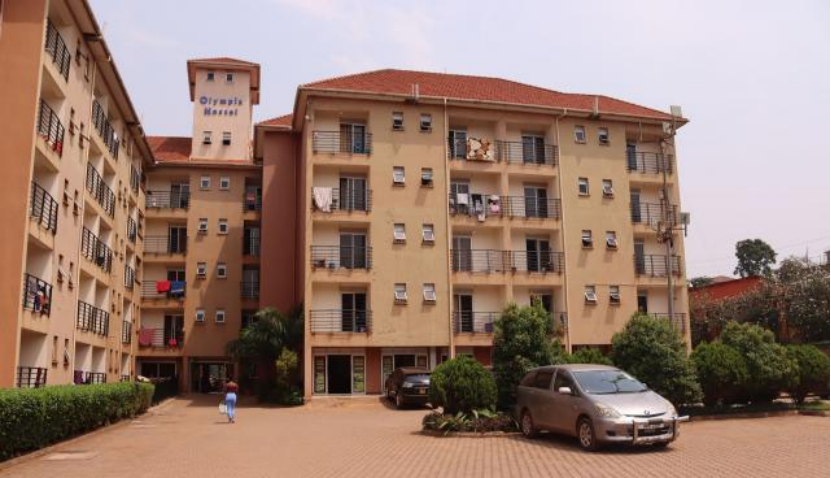Marie Nanyanzi, Senior Program officer Twaweza
Leaders from border districts in Eastern Uganda have demanded a percentage of tax revenue collected by Uganda Revenue Authority-(URA).
Speaking on Tuesday at a workshop organized in Tororo town by Twaweza, a not-for-profit organization that works in Uganda, Kenya, and Tanzania, leaders from Tororo, Busia, Namayingo, Mbale, Butaleja among others said that it is unfair for URA to collect money from their areas and remit it to the central government without giving them a percentage to help develop their area.
Martin Egesa, the vice chairman of Busia District called for the amendment of the URA mantra of tax for national development to taxes for national and local development.
He said it is just fair that their districts get a percentage of all the taxes collected at the border points with Kenya adding that even from the minerals mined from their areas such as gold, local government should retain a percentage of the taxes collected.
Fred Emojong, a councilor in Tororo district local government said that all they have gained in having a busy border at Malaba has been the proliferation of diseases such as HIV and moral decadency because of having many foreigners who spend days at the border waiting to be cleared by URA.
Emojong also had an issue with the decision by URA to stop clearing goods arriving in the country at the border in favour of clearing them at their offices in Kampala.
This he said, dealt a final blow to the revenues of local governments like Tororo.
Emojong also expressed dismay at the exorbitant taxes collected by URA when compared with countries like Kenya.
He cited an example of motorcycles which he said in Kenya cost as low as three million Shillings while in Uganda they go up to six million. He said this exploitation is what is keeping Ugandans in poverty.
The workshop was meant to disseminate a survey report on the citizen’s views and experience of business and the tax environment in Uganda.
In a two-round survey that targeted 2,900 respondents between January 15 and February 7 and 2,761 respondents between April 24 and May 12, 2022, it was discovered that 84 percent of Ugandans recognize the importance of paying tax although a smaller percentage of 53 percent are willing to pay them without enforcement.
Marie Nanyanzi, the Senior Program Officer at Twaweza said the discrepancy between those who recognize the importance of paying taxes and those willing to evade is due to the belief by some that taxes are not used for the purposes for which they are collected.
The report also noted that over 70 percent of all businesses started in Uganda collapsed before celebrating their fifth birthday.
Other than the lack of capital which was the major reason for the collapse, the huge taxes were also cited as one of the impediments to business success in Uganda.
Nanyanzi said although taxes were not the major cause of the business collapse, there is a need for organizations such as URA to carry out tax education because a tax complaint business organization is more likely to have access to credit facilities.
Michael Masembe, the head of Tax Education at URA said leaders should appreciate that part of the revenues that are used for service delivery in their districts are actually from taxes collected by URA. Masembe added for over 10 years now, URA has held tax awareness campaigns across the country to give accountability on how the taxes they collect are utilized.
Masembe also explained that as URA, they are just policy implementers who don’t determine the amount of taxes that are paid.
He said if anybody has a problem with any tax and the amount that has to be paid, they are free to petition parliament which decides what taxes to be paid.
He added that high taxes on items such as Boda Boda are sometimes imposed in order to either discourage their importation or to promote import substitution.
Masembe thanked Twaweza for the report and said that it is such an assessment that pushes them to do better.
“We endeavor to do an internal assessment but when you listen to feedback from other people, it might be another story. We thank the Twaweza team for doing this research. We need a joint effort to see that the citizens understand the mandate of URA. The issue of transparency is not by mistake because it’s the transparency that we exude that builds a more coercive social contract,” Masembe said.
-URN





